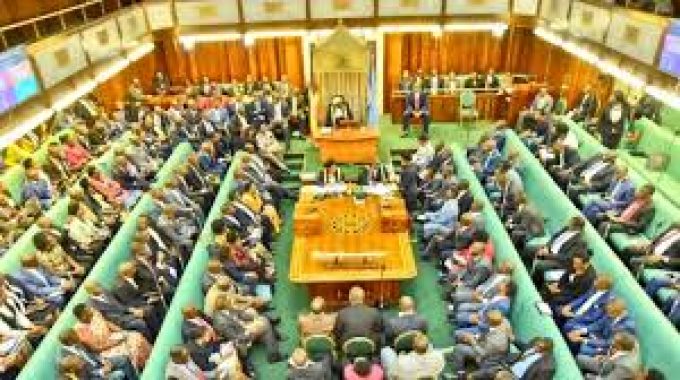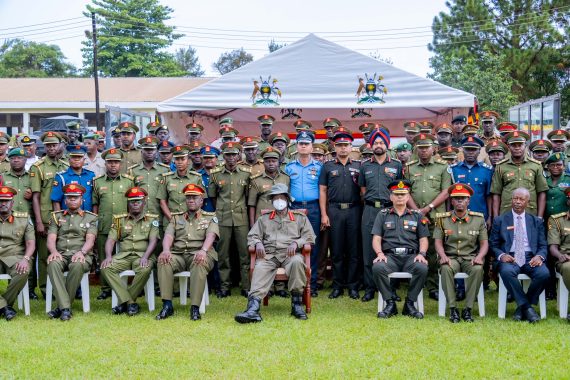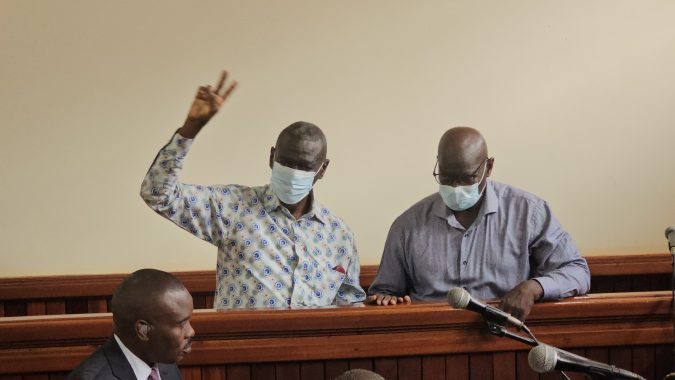Parliament has suspended the implementation of the revised lower secondary curriculum, which among others scraps termly examinations.
The curriculum was developed by the National Curriculum Development Centre (NCDC).
This follows a motion moved in parliament by the Budadiri West MP Nathan Nandala Mafabi on the implementation until MPs are satisfied with it and adequate consultations are made with all stakeholders.
On Tuesday a protracted debate lasting up to 5hours on the ministerial statement presented by the Primary Education State Minister, Rosemary Sseninde happened at a plenary sitting before parliament chaired by the Speaker, Rebecca Kadaga.
The Speaker questioned whether teachers upcountry were being trained and ready to implement the new curriculum.
The new curriculum which targets lower secondary replaces termly exams with projects that students will undertake every end of the topic.
Reduction in instruction time from 8:30 am to 2:55 pm and end by 4;30pm which will be followed by project work and other activities.
Compulsory teaching of Kiswahili, Chinese, Physical education and Entrepreneurship, change from 43 to 21 subjects with 12 subjects for seniors 1 and 2 of which 11 will be compulsory.
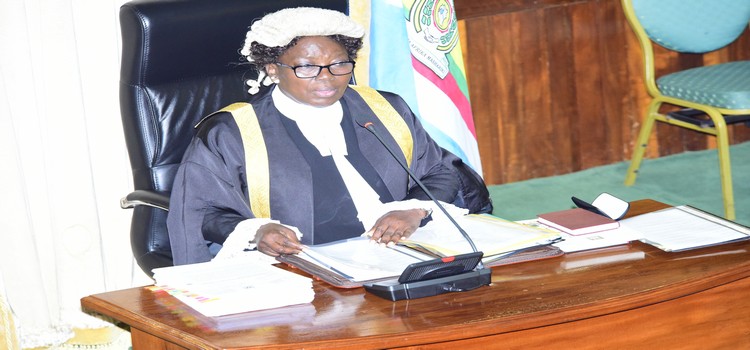
Seniors 3 and 4 will have a maximum of nine subjects with seven compulsory. Teachers will be required to note the student’s progress before any other topic is introduced.
Teachers will be administering end of year exams in order to give feedback to parents and guardians. Summative and formative assessment models will also be used on teachers, learners to monitor developments.
Prior to the presentation of the statement, on Monday a group of legislators called on the government to halt the implementation of the new curriculum on grounds that some vital subjects had been made optional and that there were not sufficient consultations.
However, on Tuesday, Sseninde insisted that the government will not halt the implementation of the new curriculum, saying it will be applied to Senior One students.
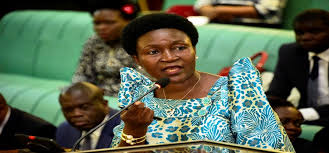
She tabled sample books of the revised curriculum before the Speaker.
She said that major changes in the curriculum are the methodologies, emphasis on values, assessment modalities, reduction in instruction time from 8:00 am to 2:55 pm and compulsory teaching of Kiswahili among other things.
“We note that lower secondary level is still Basic education. Learners are exposed to a variety of subjects to widen their scope of thinking and enable their intellectual ability to grow. The cognitive growth is enhanced through exposure among other things. At this level, we are not yet going into career paths but exposed to what one can pick interest in or is about to do. The curriculum is competence Based aimed at exposing the learners to issues of creativity and innovativeness and emphasizes values which have been a challenge,” reads part of Sseninde’s statement.
According to Sseninde, the current curriculum was designed in the 1960s mainly to produce a human resource for white-collar jobs. She, however, said the government has a different development agenda to address the country’s transformation.
However, several legislators cautioned the government against rushing the implementation of the new curriculum without the required human resource and providing adequate time for the transition.
The Shadow Education Minister, Mathias Mpuuga, said the curriculum should be stopped until they can adequately prepare the trainers to implement.
MP unanimously voted to suspend the curriculum implementation when the speaker put the matter to a vote.



